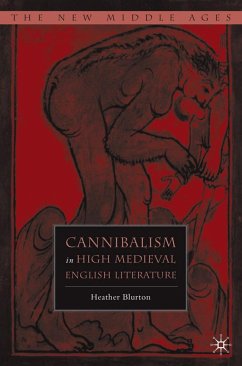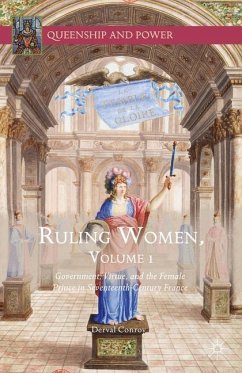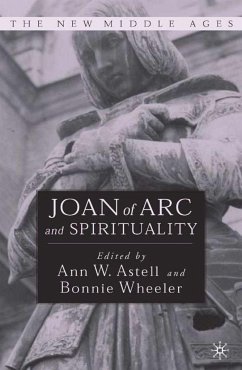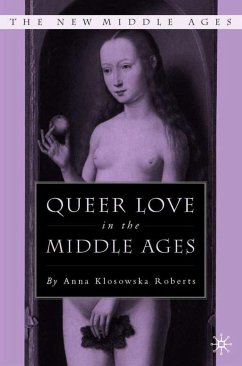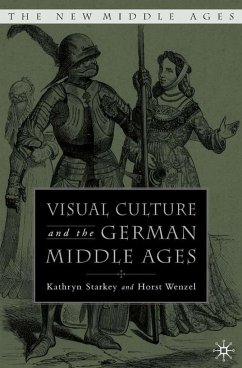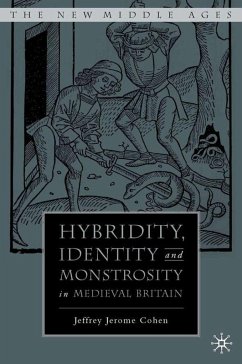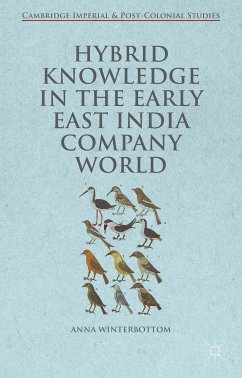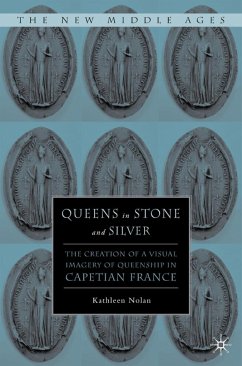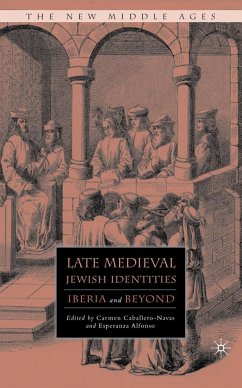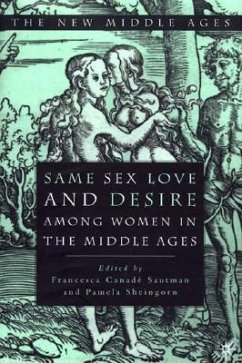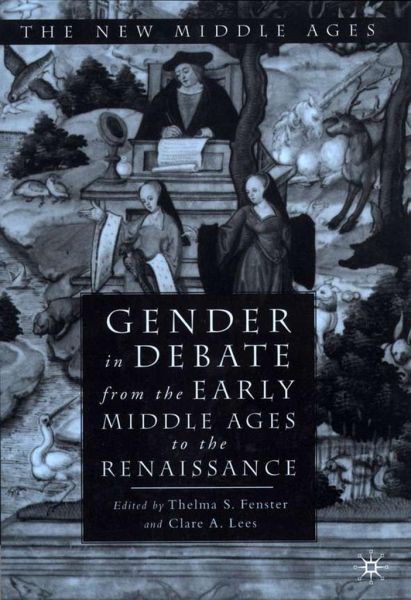
Gender in Debate from the Early Middle Ages to the Renaissance

PAYBACK Punkte
19 °P sammeln!
Modern scholarship generally treats the "debate about women" (querelle des femmes) as a late medieval phenomenon, perhaps touched upon by canonic authors like Chaucer but truly begun by Christine de Pizan (1364-1429), and therefore primarily of English and French origin. That emphasis has obscured the ways in which both writers were participating in a much wider, much older cultural phenomenon with varied and intractable roots. Articles in this collection explore how gender is put into debate in Anglo-Saxon, German, Spanish and Italian cultures, and they re-examine French and Middle English de...
Modern scholarship generally treats the "debate about women" (querelle des femmes) as a late medieval phenomenon, perhaps touched upon by canonic authors like Chaucer but truly begun by Christine de Pizan (1364-1429), and therefore primarily of English and French origin. That emphasis has obscured the ways in which both writers were participating in a much wider, much older cultural phenomenon with varied and intractable roots. Articles in this collection explore how gender is put into debate in Anglo-Saxon, German, Spanish and Italian cultures, and they re-examine French and Middle English debate literature. The collection is carefully planned to be accessible to students seeking an idea of the debate's motifs and contours while maintaining the high level of issue involvement necessary to commanding a more seasoned audience. Contributors include Pamela Benson, Alcuin Blamires, Margaret Franklin, Roberta Krueger, Clare Lees and Gillian Overing, Ann Matter, Karen Pratt, Helen Solterer, Julian Weiss, and Barbara Weissberger.





